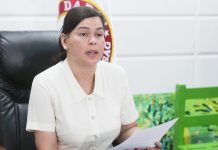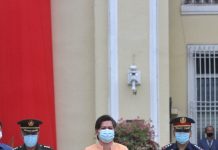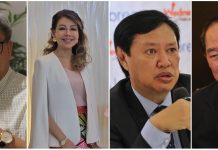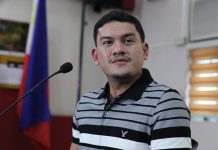by Lovely A. Carillo
DAVAO City may be a haven for legitimate business enterprises, but not so much for the illegal drug trade.
This was the observation made by Dangerous Drugs Board undersecretary Clarence Paul V. Oaminal, who said the drug problem is very minimal in Davao City compared to other areas in the country, like Cebu where the drug problem is most pronounced.
“Davao City’s approach to fighting the drug abuse problem is strong and determined; it is the way to fight illegal drugs,” DDB chairperson Vicente Sotto III said. Sotto, who was in the city last July 28 for the seminar-workshop on Republic Act 9165, said reports indicating that drug abusers and pushers are not being arrested but immediately killed here may just be a perception.
When asked about the alleged killing of drug users and pushers in the city by the the DDS, Sotto said, “We don’t tolerate that.”
The problem, he said, is that people immediately put the blame on the government when a drug user or pusher is blatantly killed. “Bakit nila pagbibintangan ang gobyernom bakit di nila pagbintangan ang mga kalaban na cartel (why blame the government for the death of drug users and pushers when they should in fact blame the rival cartels),” he said.
Sotto added that drug pushers and manufacturers have their own areas, and most of the time they usually quarrel over territory. This is the beginning of the war between those drug cartels, he added.
Despite this, he admitted there is no shabu cartel in the Philippines because the drug manufacturers are doing it individually, there is no organized group handling it.”
He also denied the existence of narco-politics in the country, because if it exists here “I might not even be talking to you now.” The country is still lucky when it comes to this aspect of the drug abuse problem, he added.
Sotto said they have identified political leaders in the local and national areas who are possibly involved in the drug business. He said less than 10% of those involved are local politicians, the rest are foreign nationals, mostly Asians.






